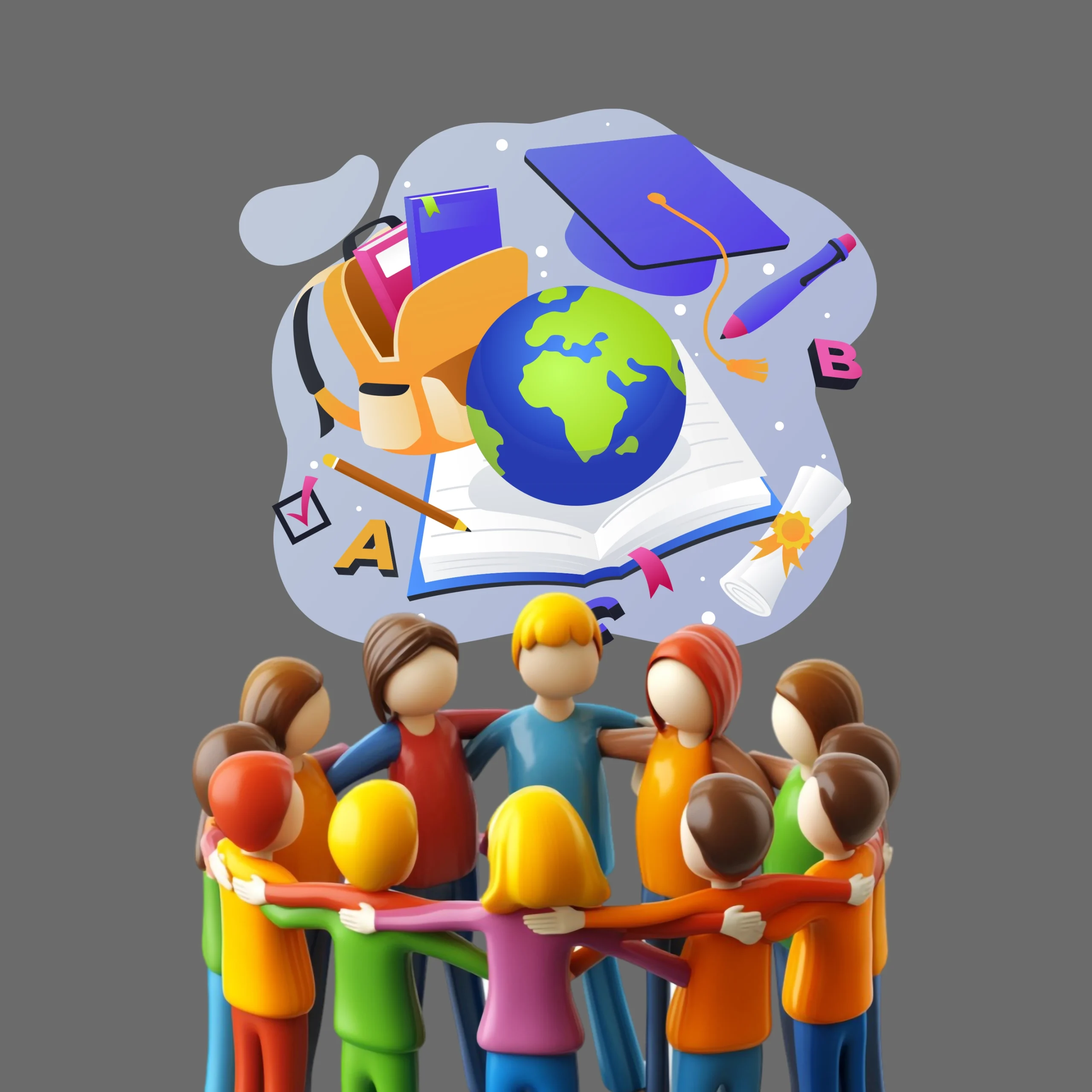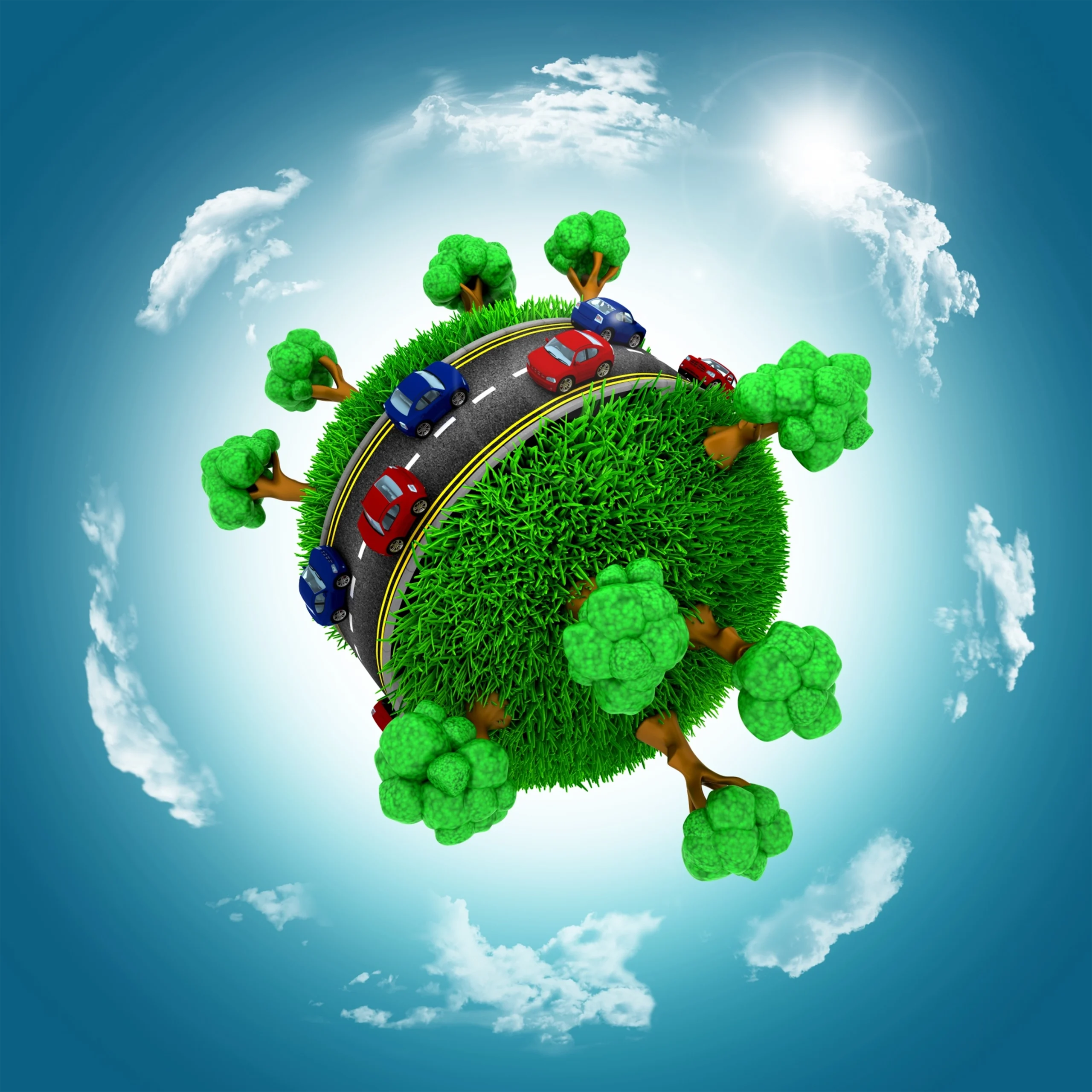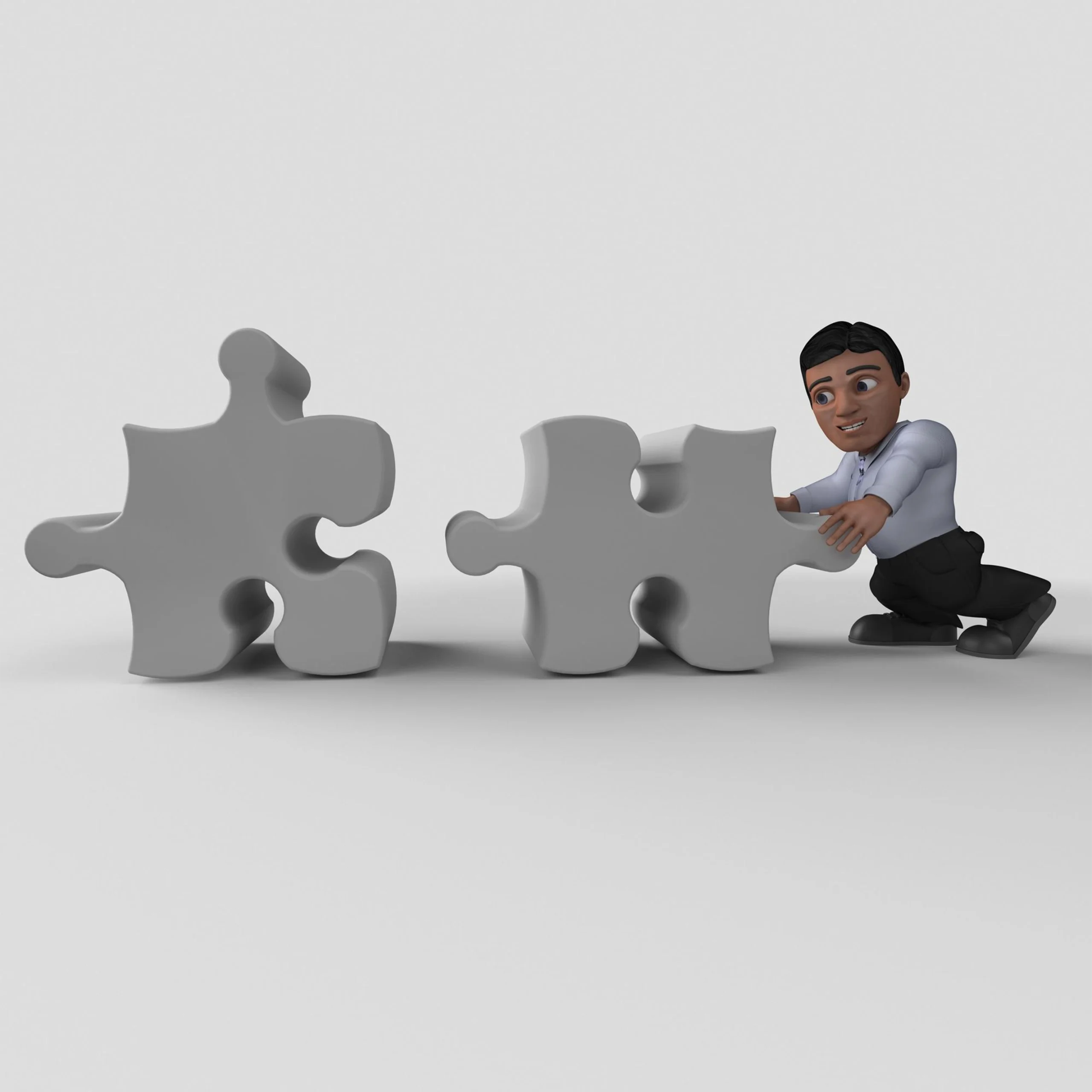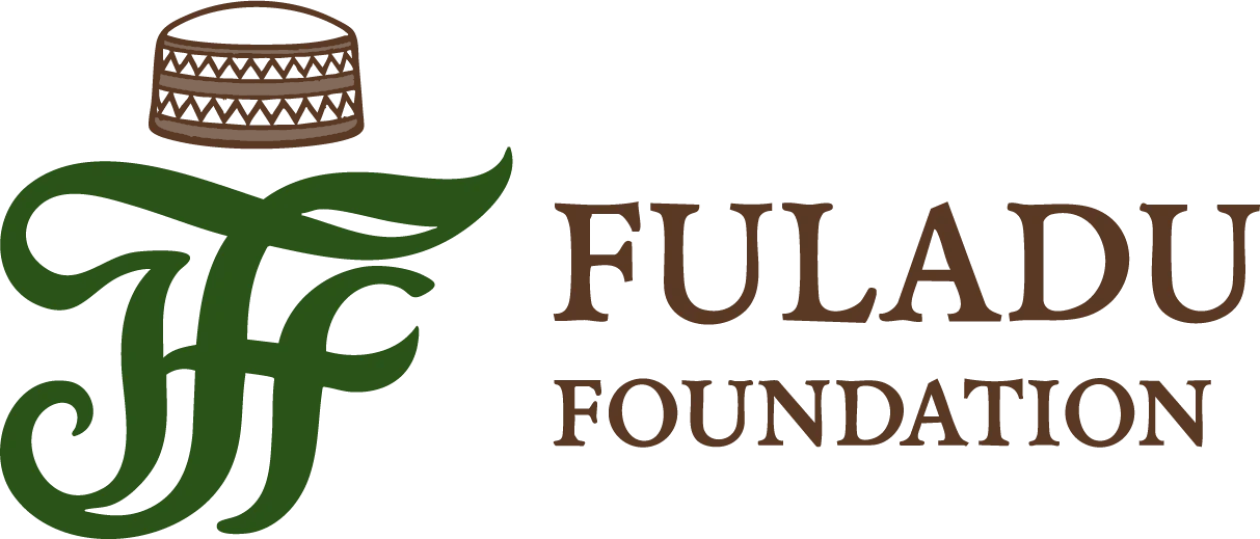About Us
- Home
- / About Us


Introduction & Origins
Mission, Vision & Core Values

Mission
To promote quality education, restore the environment, and safeguard cultural and spiritual heritage in The Gambia — empowering communities to shape their own future with dignity, resilience, and hope.
Vision
A Gambia where every child, especially every girl, has the opportunity to learn and thrive; where communities live in harmony with their environment; and where cultural and spiritual traditions are preserved as a source of pride and strength for future generations.
Core Values – RISE
- Respect – for people, culture, and the environment
- Integrity – in our actions and partnerships
- Solidarity – with the most vulnerable and excluded
- Engagement – to empower communities to drive their own future
Strategic Priorities
1. Education and Inclusion
Education is a driver of transformation, yet in many rural areas of The Gambia, access remains limited. Girls in particular face challenges due to poverty, distance to schools, cultural practices, and inadequate facilities.
The Foundation works to:
- Strengthen rural schools and madrasas with better infrastructure and learning conditions.
- Support families and communities to reduce barriers to girls’ enrollment and retention.
- Provide learning resources and promote digital literacy where possible.
- Contribute to national discussions on inclusive and equitable education systems.
Through these efforts, the Foundation seeks to make education not only accessible but transformative, opening opportunities for all learners while prioritizing those most often left behind.


2. Environment and Sustainable Livelihoods
The health of The Gambia’s environment is directly tied to the well-being of its people. Land degradation, deforestation, and unsustainable practices undermine both ecosystems and livelihoods. Communities, especially those in rural areas, rely on natural resources for farming, grazing, and water.
The Foundation works to:
- Restore degraded land through tree planting, soil regeneration, and water conservation.
- Promote climate-smart agriculture that balances productivity with environmental care.
- Encourage sustainable practices that protect ecosystems while improving family incomes.
- Raise awareness of environmental stewardship as essential for intergenerational well-being.
By linking environmental restoration with livelihoods, the Foundation contributes to food security, resilience, and long-term sustainability.
3. Cultural and Spiritual Heritage
Culture and spirituality are central to community identity and resilience. Yet The Gambia’s rich heritage — languages, oral traditions, sacred sites, and practices — is at risk from rapid social change. Protecting this heritage strengthens cohesion and provides a moral and cultural anchor for development.
The Foundation works to:
- Document, record and transmit oral traditions, languages, and community histories.
- Support the preservation and restoration of cultural and spiritual sites.
- Promote intergenerational dialogue to pass on practices, crafts, and values.
- Highlight cultural heritage as a resource for education, unity, and resilience.
Through these efforts, the Foundation ensures that development is not only material but also grounded in identity, continuity, and shared values.


4. Approach to Change
The Fuladu Foundation believes that change must be community-owned to be lasting. Our approach is guided by three principles:
- Community-Centered Action – projects are identified and shaped by the communities themselves.
- Partnership and Collaboration – we work with local leaders, civil society, government, and international partners to strengthen impact.
- Sustainability and Inclusion – initiatives are designed to be equitable, environmentally responsible, and responsive to the needs of the most vulnerable.
By combining grassroots ownership with broader partnerships, the Foundation bridges the gap between community priorities and national and global agendas.
5. Looking Ahead
The Fuladu Foundation is in its early stages but has set clear priorities. Over the coming years, we will focus on piloting projects in education, environment, and heritage, while building partnerships that amplify impact.
Our long-term goal is to contribute to a Gambia where education empowers, the environment sustains, and culture inspires. By working together with communities and partners, we aim to forge a future built on dignity, resilience, and shared responsibility.


